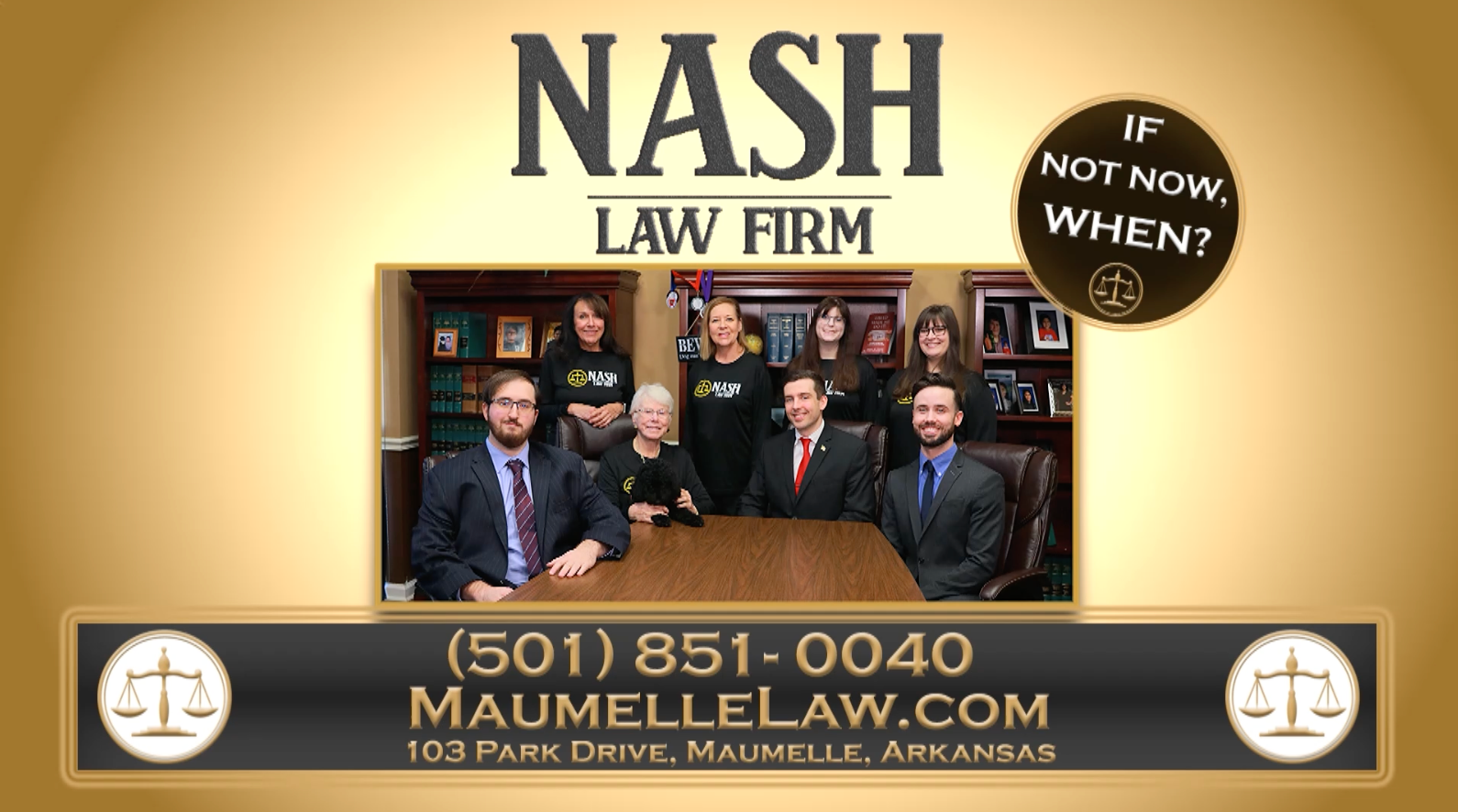Power of Attorney vs. Guardianship: What’s the Right Choice for Your Loved One?

When a loved one faces declining health or unexpected incapacity, families are often left making tough decisions about how to manage their affairs. Two common legal tools, Power of Attorney (POA) and Guardianship, can help protect your loved one’s interests, but understanding which option is right for your situation is essential.
Let’s break down the key differences between Power of Attorney and Guardianship, when each might be appropriate, and how to make the best decision for your family.
What Is Power of Attorney (POA)?
A Power of Attorney is a legal document that allows an individual (the principal) to appoint someone they trust (the agent) to make decisions on their behalf. POAs can be limited to specific tasks or broad enough to cover financial, legal, and healthcare decisions.
There are two main types of POAs relevant to elder care:
-
Durable Power of Attorney: Remains in effect even if the principal becomes incapacitated.
-
Healthcare Power of Attorney: Grants authority to make medical decisions if the principal is unable to do so.
Benefits of POA
-
Flexibility: POA can be customized to meet specific needs, from paying bills to making end-of-life care decisions.
-
Avoiding Court Intervention: Unlike guardianship, POA is a private agreement that doesn’t require court approval.
-
Cost-Effective: Creating a POA is typically less expensive and less time-consuming than pursuing guardianship.
What Is Guardianship?
Guardianship, also known as conservatorship in some states, is a legal relationship established by a court when an individual is deemed incapable of managing their own affairs. The court appoints a guardian to make decisions on behalf of the incapacitated person (the ward).
There are two types of guardianships:
-
Guardianship of the Person: Covers personal decisions like healthcare and living arrangements.
-
Guardianship of the Estate: Focuses on managing the ward’s financial affairs.
When Is Guardianship Necessary?
Guardianship may be the best option if:
-
The individual did not appoint a POA before becoming incapacitated.
-
There are concerns about abuse, fraud, or undue influence by others.
-
The incapacitated person’s decisions pose a risk to their safety or financial stability.
Because guardianship involves court oversight, it provides a layer of protection for vulnerable individuals.
Which Option Is Right for Your Loved One?
A Power of Attorney is ideal if your loved one is still mentally capable of appointing an agent. It’s proactive, private, and flexible. On the other hand, guardianship is often the only solution when someone is already incapacitated, or if there are concerns about the appointed agent’s trustworthiness.
Let Nash Law Firm Guide You
Deciding between Power of Attorney and Guardianship is a deeply personal choice that depends on your loved one’s unique circumstances. At Nash Law Firm, our experienced attorneys can help you evaluate your options and create a plan that ensures your family member’s well-being.
Contact us today for a free consultation and let us help you navigate these important decisions with confidence.
DISCLAIMER: The information provided on this website does not, and is not intended to, constitute legal advice; instead, all information, content, and materials available on this site are for general informational purposes only. Information on this website may not constitute the most up-to-date legal or other information. This website contains links to other third-party websites. Such links are only for the convenience of the reader, user or browser; the Nash Law Firm does not recommend or endorse the contents of the third-party sites.
Readers of this website should contact their attorney to obtain advice with respect to any particular legal matter. No reader, user, or browser of this site should act or refrain from acting on the basis of information on this site without first seeking legal advice from counsel in the relevant jurisdiction. Only your individual attorney can provide assurances that the information contained herein – and your interpretation of it – is applicable or appropriate to your particular situation. Use of, and access to, this website or any of the links or resources contained within the site do not create an attorney-client relationship between the reader, user, or browser and website authors, contributors, or Nash Law Firm.









![Nash Law Firm Logo [click to return home] Nash Law Firm](https://lirp.cdn-website.com/8c4d5b2c/dms3rep/multi/opt/nashlogo_colorgray_horz-1920w.png)


![Nash Law Firm Logo [click to return home] Nash Law Firm Logo](https://lirp.cdn-website.com/8c4d5b2c/dms3rep/multi/opt/nashlogo_whgold_horz-1920w.png)

